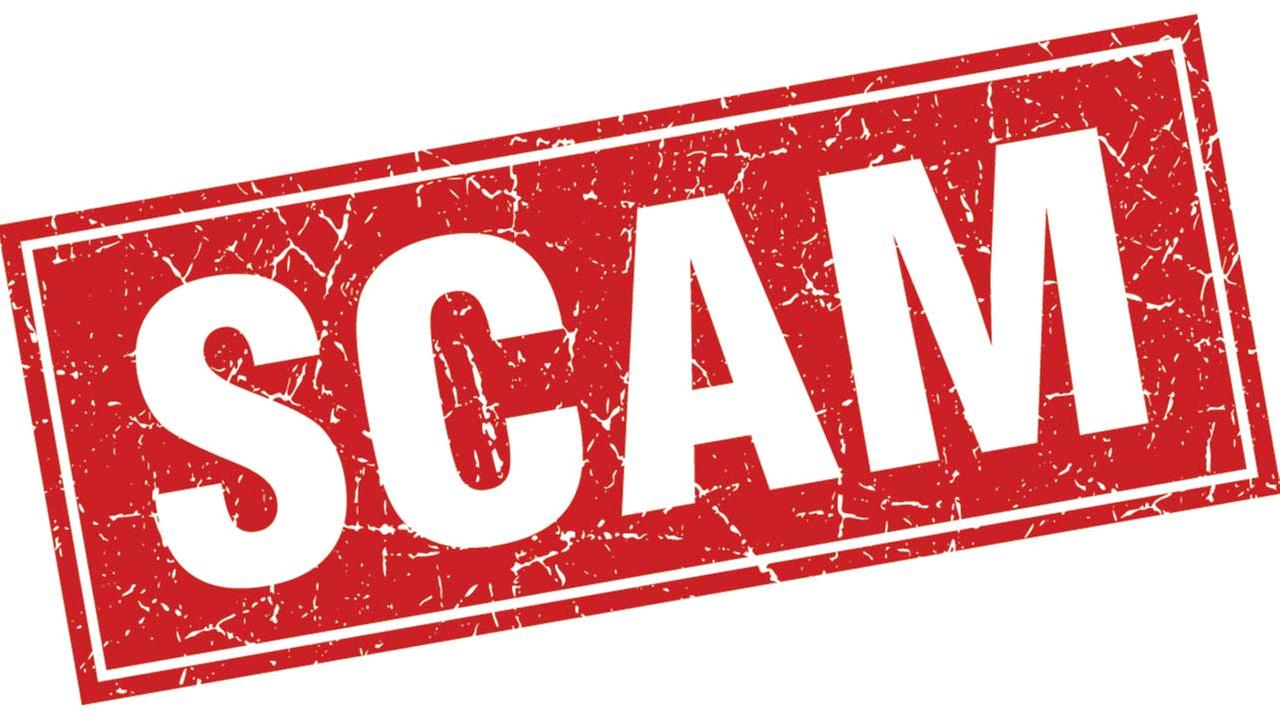Employers Beware! IRS warns of W-2 Scam
January 27, 2017 by admin
Filed under Business News, Tax News

Business owners beware! Every year there are people that claim to be part of the IRS to scare you into giving them information. This year, there is a payroll scam where they are sending out e-mails where they are asking for W-2 information.
Remember, on these W-2’s there is a lot of sensitive information that could hurt your employees and your company.
Although the e-mails seem legitimate, do not send any information. Some examples of these scam e-mails are:
- Kindly send me the individual 2016 W-2 (PDF) and earnings summary of all W-2 of our company staff for a quick review.
- Can you send me the updated list of employees with full details (Name, Social Security Number, Date of Birth, Home Address, Salary).
- I want you to send me the list of W-2 copy of employees wage and tax statement for 2016, i need them in PDF file format, you can send it as an attachment. Kindly prepare the lists and email them to me asap.
The IRS goes through a very formal process and does not request documents with such short notice. If you are still unsure if it is a scam or not, give them a call directly to verify if it was actually them.
Visit the site below to see what the IRS stated about this scam and for more information.
IRS Scam Update: U.S charges 61 over India-based Impersonation Scam
October 28, 2016 by admin
Filed under Business News

In one of our earlier posts, we posted up a blog about how we can identify a fraudulent scam from a fake IRS representative.
Just recently, The US Justice Department charged 61 people and entities on Thursday on October 27, 2016 with taking part in a scam involving India-based call centers where agents impersonated Internal Revenue Service (IRS) where immigration and other federal officials and demanded payments for nonexistent debts.
The scam, which had operated since 2013, targeted at least 15,000 people who lost more than $300 million. Twenty people were arrested in the United States on Thursday while 32 individuals and five call centers in India have been charged, the department said in statement.
The defendants, including 24 people across nine U.S states, were indicted by a grand jury in the United States District Court for the Southern District of Texas.
United States Assistant Attorney General Leslie Caldwell said at a news conference that the United States will be seeking extradition of those based in India and warned others engaged in similar schemes.
“It’s really important for the scammers in India to know that the United States is looking at this, is watching them and they could, if they engage in that activity, be extradited to the United Sates and could sit in jail … for several years,” she said.
According to the indictment, the operators of the call centers in Ahmedabad, in the Indian state of Gujarat, “threatened potential victims with arrest, imprisonment, fines or deportation if they did not pay taxes or penalties to the government.”
Payments by victims were laundered by a U.S. network of co-conspirators using prepaid debit cards or wire transfers, often using stolen or fake identities, the statement said.
The call centers also ran scams in which victims were offered short-term loans or grants on condition of providing good-faith deposits or payment of a processing fee, it said.
The Investigation involved immigration and Customs Enforcement, Treasury, Homeland Security, U.S Secret Service and police officials, the Justice Department said.
***ARTICLE BASED ON REUTERS.COM***
Unethical Business Practices Will Not Help You Reach Success
September 21, 2016 by admin
Filed under Business News, Uncategorized

Have you ever been involved in a situation where you were working with someone who got money from people who believed that they were getting something back in return but didn’t?
Let’s say: You have a friend who owns a lemonade stand. The lemonade sign says “Fresh Squeezed lemonade” “Organic and grown from our backyard”. And lets also say, the current market sells fresh squeezed lemonade for $1.50, but your friend decides to markup the prices of a cup of lemonade for $3.00 instead, and claims that your friend’s cup of lemonade is a lot better and contains extra nutrients that help consumers have more energy to go about their day. However, it turns out, all the lemonade that your friend “made” were actually bought from a cheap liquor store. The lemonade bottle was processed, there was extra sugar in them, the ingredient labels had such scientific terminology that you have never heard of. And lastly, you find out that a bottle of these cost only $3.50, and each bottle can fill up 6 cups. Imagine the profits your friend is making!
But let’s think about this, your consumers of this product are buying this lemonade over other competitors because your friend has stated that this drink has more nutrients for energy efficiency, it is fresh and grown from the backyard, and they are organic. Not to mention, this liquor store “lemonade” is mostly sugary which probably tastes really sweet, giving them the advantage for better taste compared to the competition.
Don’t you think your friend is cheating off of their customers? Leading them to believe in this false product? Paying top dollar for a fake product that doesn’t really give them the health benefits, but rather giving them diabetes, which if sugar consumption is high, will lead to possible death?
Although this example is very simple, this is an issue that many consumers and business employees face in the business world. People who have such great plans that can rack in tons of money show little to no concern for the people who are affected that are involved in the plan. This blog will explain why we think unethical business will not reach any sort of financial success, and we are talking about the long term here.
WHY DO WE THINK UNETHICAL BUSINESS WILL NOT REACH SUCCESS?
According to Stacy Zeiger of StudioD who wrote an article “Effects of a Lack of Ethics on a Business Environment” from smallbusiness.com, these are the following reasons:
Legal Issues
Federal and state governments establish rules and procedures for how a business should be run. If a business fails to follow these guidelines and parameters of the law will most likely face charges and fines. However, some larger companies still break these laws because they believe that the costs to pay for these fines are more cost effective than actually working on the business practice legally. Unfortunately, companies that constantly break laws will eventually lead to larger costs in legal issues that will soon outweigh the initial gain. Additionally, bosses and executives who perform unethical behavior can face criminal charges.
Employee Performance
Unethical business practice has a negative effect on employee performance. In some cases, employees are so concerned with getting ahead and making money that they ignore procedures and protocol. This can lead to additional paperwork and careless errors that result in the task having to be completed again. Additionally, employees who feel acting ethically and following the rules will not get them ahead in the business sometimes feel a lack of motivation, which often leads to a decrease in performance.
Employee Relations
When a manager or head of a business demonstrates lack of ethical behavior, they begin to lose the respect of their employees. It is difficult to have a successful business without well-respected leaders. A lack of ethical behavior can also cause tension among employees, with some employees resenting those who do not play by the rules and still manage to get ahead. Unethical behavior in the workplace also has the potential to lead to a lack of trust among employees, which is harmful to a business that relies on collaboration and a sense of unity.
Company Credibility
Let’s take Wells Fargo for example: when unethical business practice becomes public knowledge, that business loses credibility. While some businesses survive public knowledge of a lack of ethics through reimaging and advertising campaigns, many lose a key customer base. Even if a business recovers from news about its lack of ethics, it takes a lot of time and money to restore its image and consumer confidence.
How Can We Prevent Unethical Behavior?
Often a lack of ethics appears because of poor planning and faults elsewhere in the business. To prevent unethical behavior, set realistic goals for employees. If employees are expected to meet unreachable quotas and goals, they could engage in unethical behavior to attempt to reach those goals. Consistently monitor employee performance. Employees left unmonitored sometimes slack in their performance and take credit for completing tasks that were left uncompleted. Properly train all employees. Untrained employees often cut corners and make excuses for not completing work up to the standards the business requires.




